Latest Posts by tobefoundlater - Page 2



A tea appreciation post & last week’s spread! The sun makes me so so happy!!! ✨
Do telescopes actually take colorful photographs or are the pretty colorful photographs of galaxies that we know colored afterwards? If a human was floating through space, would space look colorful to them?
So some pictures are taken in different wavelengths to see different characteristics. (infrared wavelengths to see through thick gas and dust, xray wavelengths to see highly energized regions)
But, in the visible wavelengths you are seeing the colors. They’re just enhanced brighter than they might be.
For example, I took this picture of “the California Nebula” using a camera (Canon 60Da) attached to a telescope. This shows one exposure, and the background is red due to effects of the camera (which you subtract):

You take multiple exposures, combine them, subtract the background effects & adjust the color a little and get this…

It really baffles me how there are hundreds of billions of galaxies in the universe. Hundreds of billions of stars per galaxy. With each star system containing 1-9 planets each. And people still are convinced that this tiny speck of dust we call Earth is the only place you can find intelligent life, let alone life period.
Hey! I have to do a quick presentation (like 2 minutes, tops) about literally any topic for a nuclear science class. I was thinking something along the lines of radiation in space but I'm clueless. Any suggestions?
You could talk about nuclear fusion in the core of stars, and how stars don’t create elements heavier than iron because instead of creating energy through fusion it requires energy.
All elements heavier than iron are formed during supernovae. After a star dies, the energy can be transferred into creating heavier elements! Thank a dead star for your existence
nasa-official!!!!!! why is it that the Rosette nebula only appears red in some photos? Is that how it appears optically, or is that just how it appears in one of the spectra that we read it in?
Well whenever you see red in nebulae, thats typically due to hydrogen being excited. The Rosette Nebula is actually classified as an H II region. H II (singly ionized hydrogen) regions are caused by some source of energy, kicking the electron out of the hydrogen atom and keeping it out.
So Rosette is definitely red. To strengthen this effect, pictures are often taken using a Hydrogen-Alpha filter which (you guessed it) only lets the light in from this transition!!! But, sometimes people want to look at what’s going on in the nebula in different wavelengths too

almost everyone loves space. we are all fascinated by some aspect of the universe at some point in our lives, whether that aspect is the changing colours of the sky or the millions of stars and clusters of stars in our never-ending galaxy. as someone who plans to study astronomy and cosmology when they grow up, space definitely means a lot to me. the sad part is that we know so little about the universe, even after studying it for centuries. but what we do know now is what’ll help us make huge new discoveries, so here’s a masterpost of common questions/answers + resources for learning more about something we know almost nothing about - the universe!
+ studying & learning resources
for beginners
einstein online
scholarpedia: astrophysics
khanacademy: scale of the universe
khanacademy: stellar life
khanacademy: history of the earth
khanacademy: life on earth + the universe
scishow space [super cool youtube channel]
crash course: astronomy [video playlist]
american museum of natural history: space
from the big bang to dark energy [uni of tokyo]
exploring time and space [uni of arizona]
imagining other universes [princeton]
the evolving universe [caltech]
more advanced
introduction to astronomy [duke university]
analyzing the universe [rutgers university]
galaxies and cosmology [caltech]
+ news and updates
official nasa website [aka ur #1 guide obviously]
national geographic
discovery news
universe today
sciencedaily
bbc space
cnn space
space.com
spacenews
+ fun stuff(!!!)
space race [aka the coolest thing i have ever seen???]
omgspace [huuuge map of the solar system]
interactive 3D map of the galaxy
models of the solar system
the scale of the universe
kepler planet tally
the space place
xkcd exoplanets
space pictures
+ apps
official nasa app [android] [ios]
space images [android] [ios]
exoplanet [android] [ios]
planets [android] [ios]
+ my other masterposts
a complete guide to studying (well)
note-taking
writing
more to come soon!
i hope you enjoyed the resources included in this post!!! feel free to message me in case 1) any of the links are broken, 2) u want me to add on to something, 3) u have a suggestion for a masterpost [i would love that so go ahead and ask if u do] or if u just wanna talk! also, feel free to reblog and add ur own comments/resources. hope this helped someone learn and understand more!!!



Quantum Entanglement - The Quantum Source of Space-Time. Quantum entanglement is a physical phenomenon that occurs when pairs or groups of particles are generated or interact in ways such that the quantum state of each particle cannot be described independently - instead, a quantum state must be described for the system as a whole. Quantum mechanics governs the world of the small - the weird realm in which particle can be in many places at the same time, and can simultaneously spin both clockwise and anticlockwise. Gravity governs the Universe at large - from the fall of an apple to the motion of planets, stars and galaxies. The theory holds that gravity is geometry: particles are deflected when they pass near a massive object not because they feel a force but because space and time around the object are curved. Both theories have been abundantly verified through experiment, yet the realities they describe seem utterly incompatible. And from Van Raamsdonk standpoint, all that’s needed is ‘entanglement’: the phenomenon that many physicists believe to be the ultimate in quantum weirdness. Entanglement lets the measurement of one particle instantaneously determine the state of a partner particle, no matter how far away it may be - even on the other side of the Milky Way. In conclusion, it seems that entanglement is the essential ingredient that knits space-time together into a smooth whole - not just in exotic cases with black holes. If any two particles are connected by entanglement, the physicists suggested, then they are effectively joined by a wormhole. And vice versa: the connection that physicists call a wormhole is equivalent to entanglement. They are different ways of describing the same underlying reality.


Timeline of the Far Future. While scientific predictions of the future can never be absolutely certain, present understanding in various fields allows for the prediction of far future events, if only in the broadest strokes. These fields include astrophysics, which has revealed how planets and stars form, interact, and die; particle physics, which has revealed how matter behaves at the smallest scales; evolutionary biology, which predicts how life will evolve over time; and plate tectonics, which shows how continents shift over millennia. All projections of the future of the Earth, the Solar System, and the Universe must account for the second law of thermodynamics, which states that entropy, or a loss of the energy available to do work, must increase over time. Stars eventually must exhaust their supply of hydrogen fuel and burn out. Close encounters gravitationally fling planets from their star systems, and star systems from galaxies. Eventually, matter itself is expected to come under the influence of radioactive decay, as even the most stable materials break apart into subatomic particles. Current data suggest that the universe has a flat geometry (or very close to flat), and thus, will not collapse in on itself after a finite time, and the infinite future potentially allows for the occurrence of a number of massively improbable events, such as the formation of a Boltzmann brain. This timeline coverS events from roughly eight thousand years from now to the furthest reaches of future time. A number of alternate future events are listed to account for questions still unresolved, such as whether humans will become extinct, whether protons decay, or whether Earth will survive the Sun’s expansion into a red giant.
It’s Friday...Come Space Out with Us
It’s Friday…which seems like a great excuse to take a look at some awesome images from space.
First, let’s start with our home planet: Earth.

This view of the entire sunlit side of Earth was taken from one million miles away…yes, one MILLION! Our EPIC camera on the Deep Space Climate Observatory captured this image in July 2015 and the picture was generated by combining three separate images to create a photographic-quality image.
Next, let’s venture out 4,000 light-years from Earth.

This image, taken by the Hubble Space Telescope, is not only stunning…but shows the colorful “last hurrah” of a star like our sun. This star is ending its life by casting off its outer layers of gas, which formed a cocoon around the star’s remaining core. Our sun will eventually burn out and shroud itself with stellar debris…but not for another 5 billion years.
The material expelled by the star glows with different colors depending on its composition, its density and how close it is to the hot central star. Blue samples helium; blue-green oxygen, and red nitrogen and hydrogen.
Want to see some rocks on Mars?

Here’s an image of the layered geologic past of Mars revealed in stunning detail. This color image was returned by our Curiosity Mars rover, which is currently “roving” around the Red Planet, exploring the “Murray Buttes” region.
In this region, Curiosity is investigating how and when the habitable ancient conditions known from the mission’s earlier findings evolved into conditions drier and less favorable for life.
Did you know there are people currently living and working in space?

Right now, three people from three different countries are living and working 250 miles above Earth on the International Space Station. While there, they are performing important experiments that will help us back here on Earth, and with future exploration to deep space.
This image, taken by NASA astronaut Kate Rubins shows the stunning moonrise over Earth from the perspective of the space station.
Lastly, let’s venture over to someplace REALLY hot…our sun.

The sun is the center of our solar system, and makes up 99.8% of the mass of the entire solar system…so it’s pretty huge. Since the sun is a star, it does not have a solid surface, but is a ball of gas held together by its own gravity. The temperature at the sun’s core is about 27 million degrees Fahrenheit (15 million degrees Celsius)…so HOT!
This awesome visualization appears to show the sun spinning, as if stuck on a pinwheel. It is actually the spacecraft, SDO, that did the spinning though. Engineers instructed our Solar Dynamics Observatory (SDO) to roll 360 degrees on one axis, during this seven-hour maneuver, the spacecraft took an image every 12 seconds.
This maneuver happens twice a year to help SDO’s imager instrument to take precise measurements of the solar limb (the outer edge of the sun as seen by SDO).
Thanks for spacing out with us…you may now resume your Friday.
Make sure to follow us on Tumblr for your regular dose of space: http://nasa.tumblr.com









How Our Solar System Will End In The Far Future
“Gravitational ejection is about 100 times more likely than a random merger, meaning our star and the remaining bound planets will probably be ejected into the abyss of now-empty space after around 10^19 years. But even at that, with Earth orbiting our stellar remnant and with nothing else around, things won’t last forever. Every orbit — even gravitational orbits in General Relativity — will very, very slowly decay over time. It might take an exceptionally long time, some 10^150 years, but eventually, the Earth (and all the planets, after enough time) will have their orbits decay, and will spiral into the central mass of our Solar System.”
Worried about the environment of Earth today? Here’s a sobering fact: we already know how it’s all going to end. Not just when the next ice age will come or the next supervolcano will blow, but on cosmic scales stretching billions of years into the future and beyond. From the death of life on Earth to the end of the Sun, we can predict some major catastrophes our Solar System will face. But even after the Sun has died, the Earth and what’s left of our parent star will likely stick around for more. The matter expelled by our Sun will ignite new stars, which will die as well. White dwarfs will cool off into black dwarfs, and the Universe will go dark. And yet, thanks to gravitational effects, more interactions, on long enough timescales, will still remain.
Come get the long-term story of the future of our Solar System and see how it all will, in the ultra-distant future, come to an end.

Ring Scan
Scroll down and you can cruise along the icy rings of Saturn. This high resolution scan is a mosaic of images presented in natural color. The images were recorded in May 2007 over about 2.5 hours as the Cassini spacecraft passed above the unlit side of the rings. To help track your progress, major rings and gaps are labeled along with the distance from the center of the gas giant in kilometers. The alphabetical designation of Saturn’s rings is historically based on their order of discovery; rings A and B are the bright rings separated by the Cassini division. In order of increasing distance from Saturn, the seven main rings run D,C,B,A,F,G,E. (Faint, outer rings G and E are not imaged here.) Four days from now, on November 29, Cassini will make a close flyby of Saturn’s moon Titan and use the large moon’s gravity to nudge the spacecraft into a series of 20 daring, elliptical, ring-grazing orbits. Diving through the ring plane just 11,000 kilometers outside the F ring (image bottom) Cassini’s first ring-graze will be on December 4.

hey!! so a lot of us are interested about space but don’t know how to go about studying about it, this is a masterpost for all of those people who wish to learn about the universe <3
learn!!!
astronomy crash course
space + nasa news
bbc space
nasa space place
best space documentaries
best space books + sci-fi
best science + tech podcasts
posts + fun stuff!!
how we’d live on mars infographic
my space tag on my main blog!! [actually my url means space in maltese B-)]
the nasa instagram which is my fav!!!
nasa shop
nasa website yo!!!
spatial tunes
fav space app!!!!
25 best space movies
spatial studyspo here
my masterposts
notes, studying, and self-study resources
self-study resources
supplies
igcse resources
improving your handwriting
how to studyblr
literature masterpost
organisation
aesthetically pleasing notes
annotating
studying a foreign language
really great apps
math
college + uni
motivation
biology
+ more
hope this helps!!! feel free to come talk to me about space anytime <3
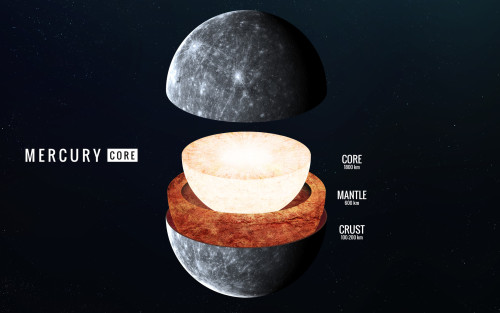
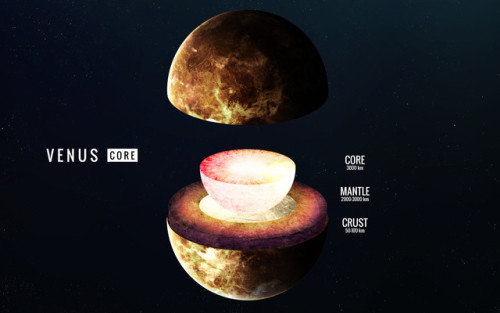

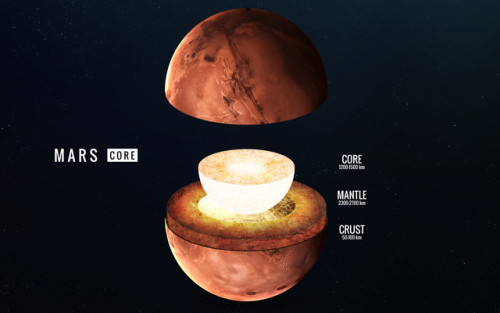
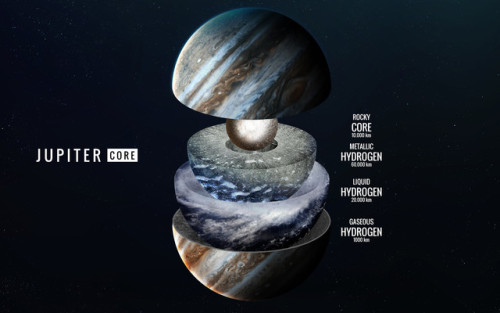
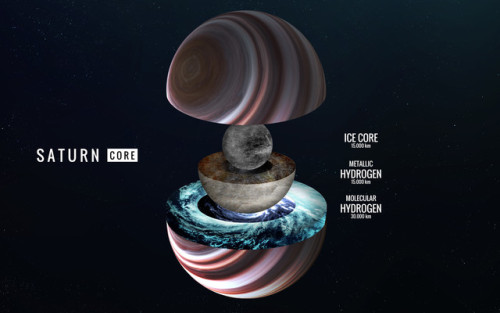
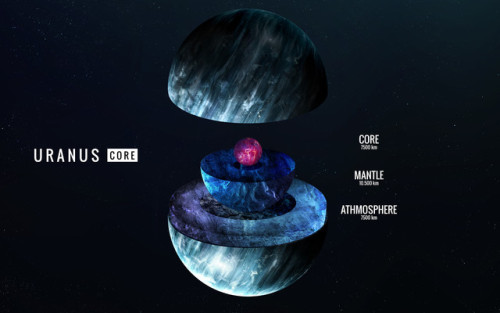
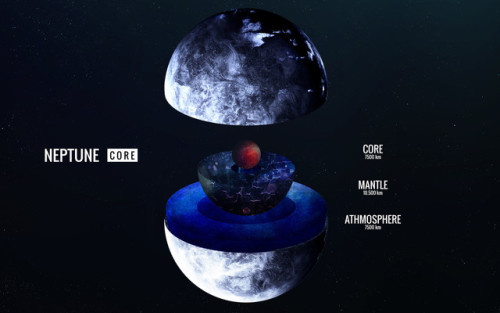
Inside - Vadim Sadovski

I have found it challenging, even within the langblr community, to find a list of beginner resources for learning German, so I decided to make one!
Note: Resources I use are marked ⭐︎
Textbooks Feuerwerk 1 / 2 / 3 ⭐︎ Katzensprung 1 / 2 Genau! / Ganz Genau! Teach Yourself ⭐︎
Dictionaries English-Deutsch (print) Deutsch-Englisch (print) Duden (print) Via mundo (print) dict.cc (online) ⭐︎ collins (online) pons (online) ⭐︎
Grammar German Verb Drills (print) Grammar you really need to know (print) Grammar in a nutshell (print) Collins easy learning (print) Pons Grammatik (print) Duden (print) Hueber 1 / 2 (print) Hueber (online) german-grammar.de (online) ⭐︎ schubert (online) ⭐︎
Apps mondly mango busuu lang-8 ⭐︎ hinative memrise ⭐︎ beelinguapp duolingo ⭐︎ hellotalk italki
Read News 1 / 2 / 3 / 4 ⭐︎ World Press All You Can Read Readlang ⭐︎
Listen Podcasts 1 / 2 Radio Youtubers 1 Movies (Youtube) Easy German (Youtube) My Playlist (Spotify) ⭐︎ Live-Radio everytongue.com omniglot ⭐︎ globalrecordings.net
Chat hellotalk ⭐︎ hinative wespeke speaky
Other Language Masterposts amazing masterpost - @blogresources language books - @languageoclock how to guess german genders - @languageoclock german master post - @studycell language learning resources - @blackteaandlanguages language exchange - @intellectus german phonetics - @saru-studies german resources masterlist - @deutsian
Tips ⭐︎ Try to practice every day! It really makes a difference and learning a language isn’t something you can accomplish overnight! ⭐︎ Keep a journal of your notes, grammar rules, and so on! Use sticky notes and flags to stay organized and easily flip back to charts and important rules! ⭐︎ Set a goal! It’s much easier to work toward a defined goal than just the overall hopes of mastering a language! ⭐︎ Film yourself speaking! I know it sounds weird, but it helps with pronunciation, and you can always look back to old videos to see how far you’ve come! ⭐︎ Learn through media! Watch tv shows and movies, read the news, listen to music, and so on in your target language! It’s a fun way to learn and will help with sentence structure, vocabulary, popular culture, and pronunciation! ⭐︎ Know that your studyblr/langblr community is always here for support! Reach out to bloggers who are fluent in your target language, and message them! Casual conversation in your target language can be helpful, but having a native speaker assist you is even more useful!


honestly?? this pic was just an excuse to show my milk bottle shaped flask i got from sm town in seoul,, it has #luckyone stamped on it and i lov it bc im exo trash anyway if y’all are interested in purchasing the two lovely notebooks shown in the pic, use my code “LUSTRE10″ on messybunny or “studylustre” on kawaiipenshop for 10% off!! they both have free international shipping woOoOo ✨
ig: studylustre

august 6, 2017
spread for next week ! I don’t really like this flatlay but whatever lol?? i ran out of things to use so I used some paint swatch things LMAO why am I like this??? also can we talk about how beautiful paperkumaco stickers are bc,,, im obsessed?? also I cannot believe I’m turning 16 tmrw i want to cry ;-;
♫ blood sweat & tears by bts (and lowkey all their other songs)


09.04.17 editing my manuscript that I hope to get published at some point; it’s a review of novel therapies for myocardial ischemia-reperfusion injury.

💜💜💜




recent bujo spread ft. fortunes from a shrine and snaps from my trip to the tate ✨ ig: studylustre

Hey guys! This have been REALLY hectic, as I’ve been submitting forms for college and I’ve also been swamped with studying for finals and AP tests D: It’s definitely a bit stressful but I’m looking forward to when all of this is over! :)
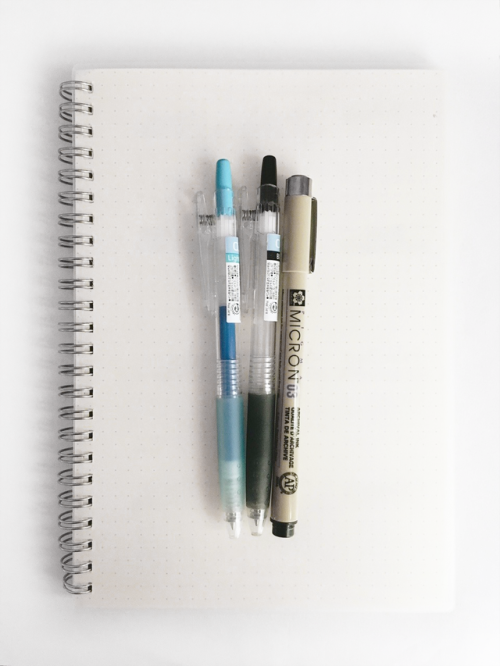
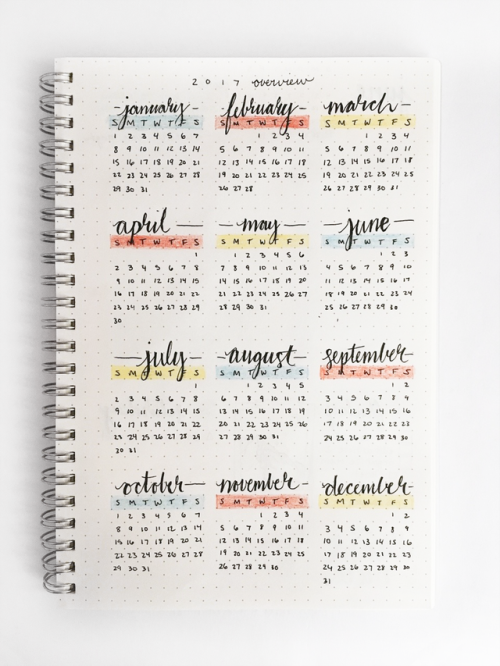
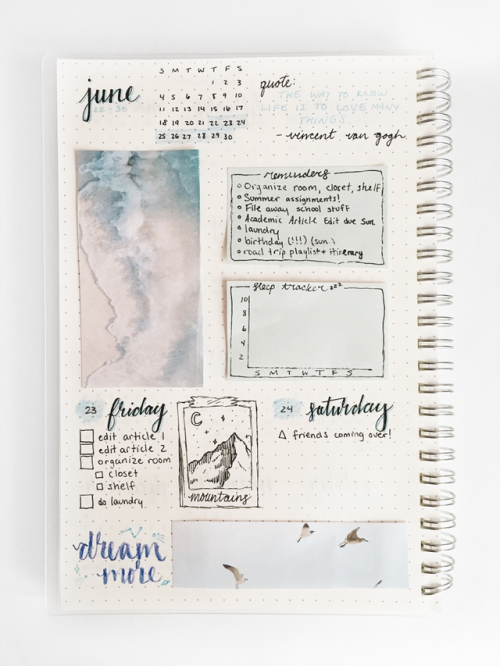
06.23.17 // beginning my summer by setting up a bullet journal! it’s not perfect, but i’m happy that i’m starting it again. the weekly spread at the end isn’t finished, but its a preview of sorts. can you tell i like blue?


June Cover


Pink stationery for the start of the school year // ig: pyokkimassu




some photos from my studygram!!!!
my routine has basically been a mix of reading, writing, studying, and repeating. hopefully I’ll get the chance to do my bullet journal september spread today tho!!



05.01.17 🖊 // A flat lay of stationery that I constantly use! I am obsessed on how colorful this turned out 😍
P.S. I decided to create a studygram as well so follow me if you’d like ➡️ Click here
Items in Photo
Pilot Juice Pens 0.5
Tombow Dual Brush Pens
Muji Gel Pens 0.5
Mildliners
Rilakkuma Deco Rush




// 03022017 //
> This week’s theme - GREEN!
Keep reading


my first bujo + geog notes: a thrilling tale
ig: logarlthm

here’s a look at my hobonichi planner ✧・゚
i write out my daily tasks + upcoming events, and it’s been really helpful for staying on track!





▪06.03.17 ▪ So so happy with this spread :“) I started on it when I was in a real bad state but now the week is over and something beautiful came out of it so I’m very grateful to the powers that be.
▪veritas vos liberabit - the truth shall set you free
▪